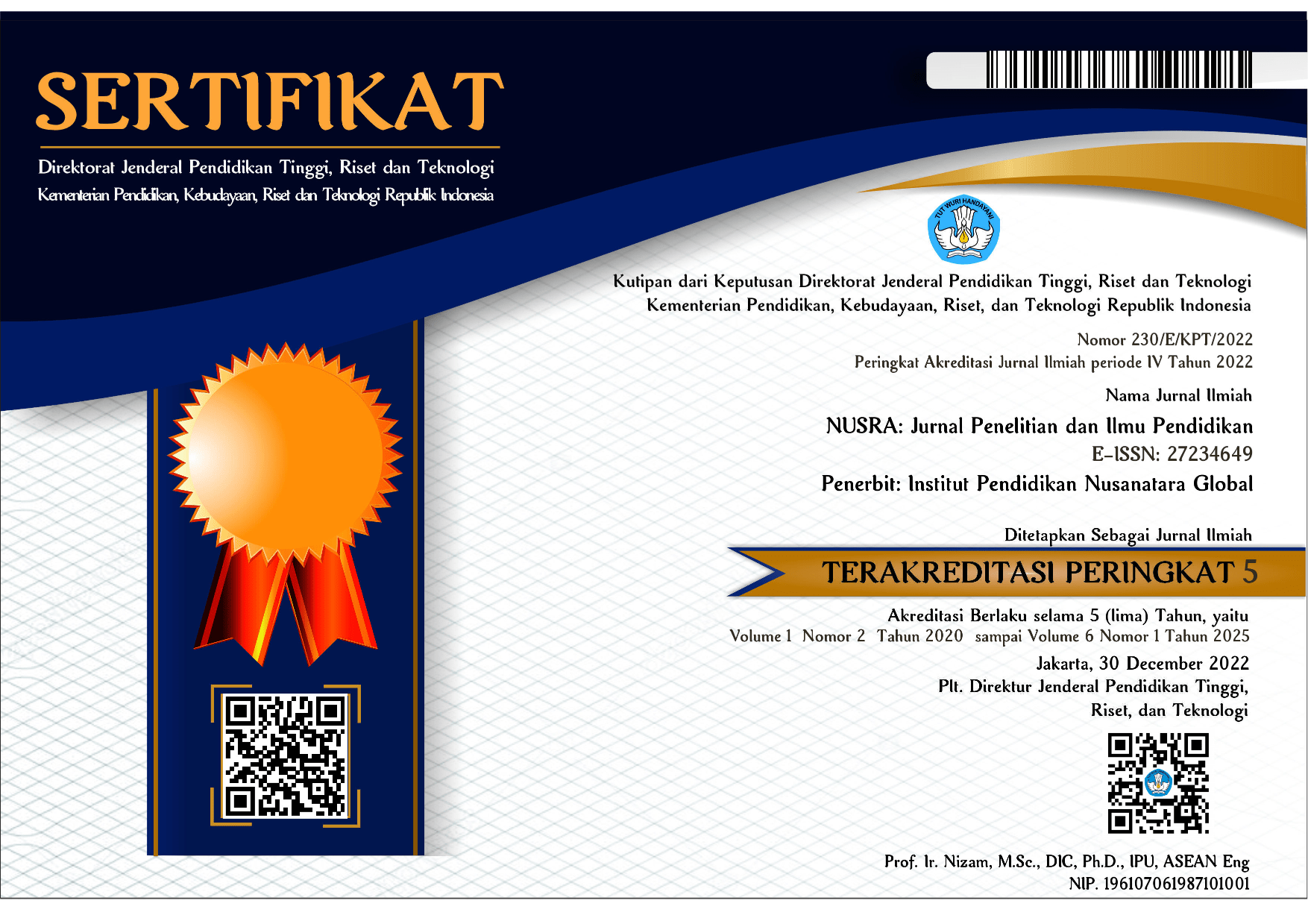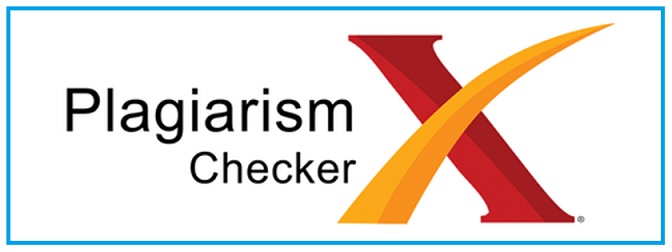ANALISIS MEMBANGUN KETERLIBATAN DAN KOMUNIKASI GEN Z DENGAN KECERDASAN BUATAN DI PENDIDIKAN TINGGI
DOI:
https://doi.org/10.55681/nusra.v4i3.1422Keywords:
Student Engagement, Communication, Gen Z, Artificial IntelligenceAbstract
Technological transformation requires lecturers to increase creativity and innovation in learning methods that can increase student engagement and communication skills which are currently being played by Gen Z who are very close to technology. Therefore an approach with artificial intelligence is one of the keys to success in increasing engagement and communication with Gen Z. The purpose of this research is to find out the involvement and communication of students with artificial intelligence in higher education. The research methodology uses descriptive qualitative descriptive methods with data collection techniques using journals, reports, books, and field observations. The results of the study show that the learning process with high student involvement needs to be developed by lecturers so that learning becomes interesting and easily understood by students and artificial intelligence technology in higher education can be a creative learning innovation with student involvement and communication skills in responding to students living in today's digital era.
Downloads
References
Axelson, R. D., & Flick, A. (2010). Defining Student Engagement. Change: The Magazine of Higher Learning,43(1),3843
Cannon, Joseph P et al. 2008. Pemasaran Dasar, Edisi 16. Jakarta: Salemba Empat.
Chowdury et al., 2020. Development of an Automatic Class Attendance System using CNN-based Face Recognition. DOI: 10.1109/ETCCE51779.2020.9350904. Conference: 2020 Emerging Technology in Computing, Communication and Electronics (ETCCE)
Budhai, S. S., & Skipwith K. B. (2016). Best practices in engaging online learners through active and experiential learning strategies. New York: Routledge.
Böheim et al., 2021. How changes in teachers' dialogic discourse practice relate to changes in students' activation, motivation and cognitive engagement
Gocen & Aydemir, 2020. Artificial Intelligence in Education and Schools. Research on Education and Media Vol. 12, N. 1, Year 2020 ISSN: 2037-0830 – DOI: 10.2478/rem-2020-0003.
Henderson, M, Selwyn, N and Aston, R. 2017. What works and why? Student perceptions of ‘useful’ digital technology in university teaching and learning. Studies in Higher Education, 42(8): 1567–1579. DOI: https:// doi.org/10.1080/03075079.2015.1007946
Hinebaugh(2009).A board game education. R&L Education
Jannah, R., Salija, K., & Basri, M. (2020). The Implementation Of Role Play Approach In Teaching Speaking (Doctoral Dissertation, Universitas Negeri Makassar).
K. Buntins, et.al, (2021). A scoping review of research instruments for measuring student engagement International Journal of Educational Research Open 2
Safari et al., 2016. An empirical model to explain the effects of electronic customer relationship management on customer e-satisfaction and e-loyalty Journal of Internet Banking and Commerce, (2016)
Stephanie and Skipwith,2022. Best Practices in Engaging Online Learners Through Active and Experiential Learning. Routledge 605 Third Avenue, New York.
Suklun, Harika (2021). Multidisciplinary Perspectives of AI: Past, Present, Future. Baski - İstanbul, Ocak.
Trowler, 2010. Student Engagement Literature Review. The higher education academy.
Downloads
Published
How to Cite
Issue
Section
License
Copyright (c) 2023 NUSRA: Jurnal Penelitian dan Ilmu Pendidikan

This work is licensed under a Creative Commons Attribution-ShareAlike 4.0 International License.














